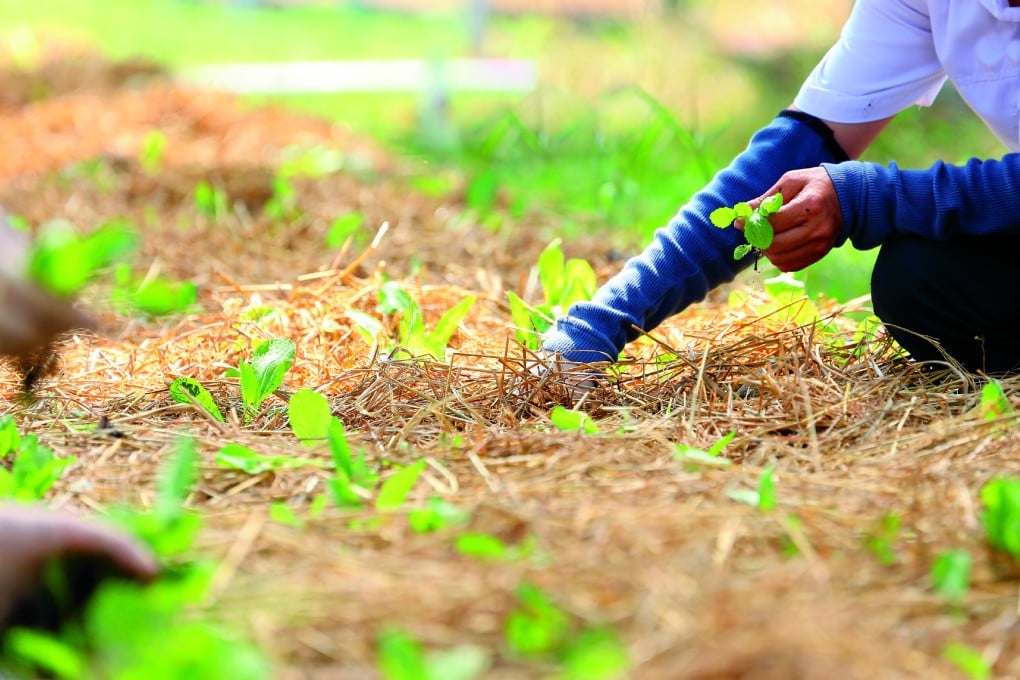Global Discussions on Sustainable Solutions for the Future of Food

[Sponsored Article]
The current food system relies heavily on intensive farming which is unsustainable and harmful to both our planet and our health. Although industrial farming provides us affordable food prices and high crop yield, it is also believed that factory-farmed animals are invariably stressed and riddled with disease from cramped and unhealthy living conditions, and that they are a breeding ground for new strains of dangerous bacteria and viruses.
In view of recent food security and sustainability crises, CityU’s Department of Asian and International Studies has launched “The Future of Food: Seeking Sustainable Solutions” series with the backing of Rabobank in spring 2022. The series exposes audiences to innovative thinking and offers information about future food scenarios and especially the potential to design a more sustainable food system.
The opening event profiled the views of four thought leaders in conversation with each other and the moderator, Sonalie FIGUEIRAS of Green Queen on 11 March 2022. Each panelist was asked to present one recommendation that they consider paramount in reorienting food systems. Mark BITTMAN, an award-winning food writer, recommended regulating factory farming. Doris LEE, a key figure in China’s alternative protein landscape, called for raising public awareness by investing in new proteins derived from plants and micro-organisms. Anna LAPPÉ, an expert on sustainability and justice along the food chain, stressed the need for social movements to hold governments and business accountable. Clarissa WEI, a Taiwan-based journalist, proposed to embrace local food systems, which are a better fit for our local environments.
On 13 April 2022, two esteemed veterans of debates on the food system, Temple GRANDIN and Peter SINGER, along with an emerging voice on new approaches to food sustainability, Varun DESHPANDE, were invited to be the panelists for the second event. Deshpande recommended regenerative farming and exploration of more alternative protein options. Grandin suggested an organic-conventional hybrid farming system to make food production more diversified. Singer expressed his concerns about animal welfare and gave examples of wasteful aquaculture practices that lead to overfishing.
In the Q&A sessions, students from local universities and secondary schools asked the panelists questions, along with comments submitted in the chat box by the audience of practitioners and members of the general public. The events gained positive feedback from audiences and stirred up more discussion about global food issues.